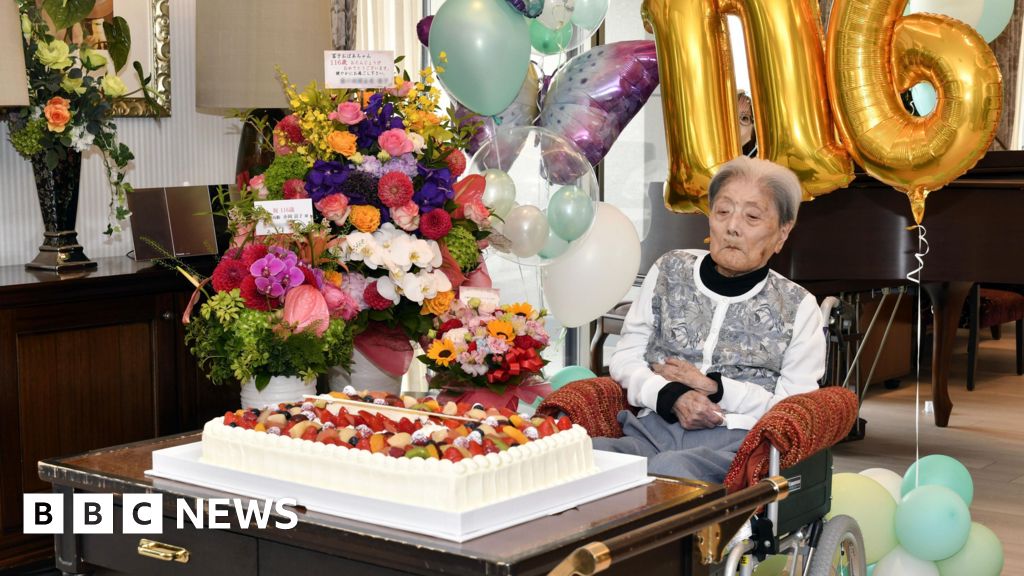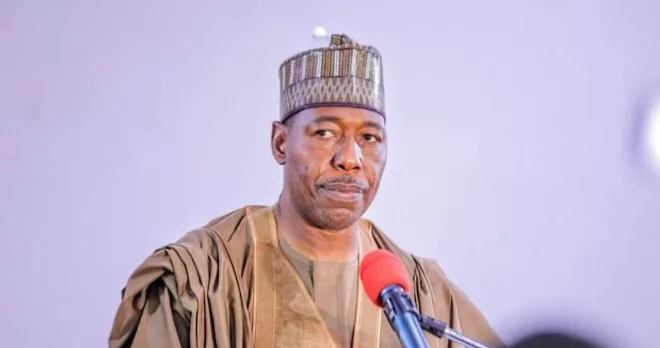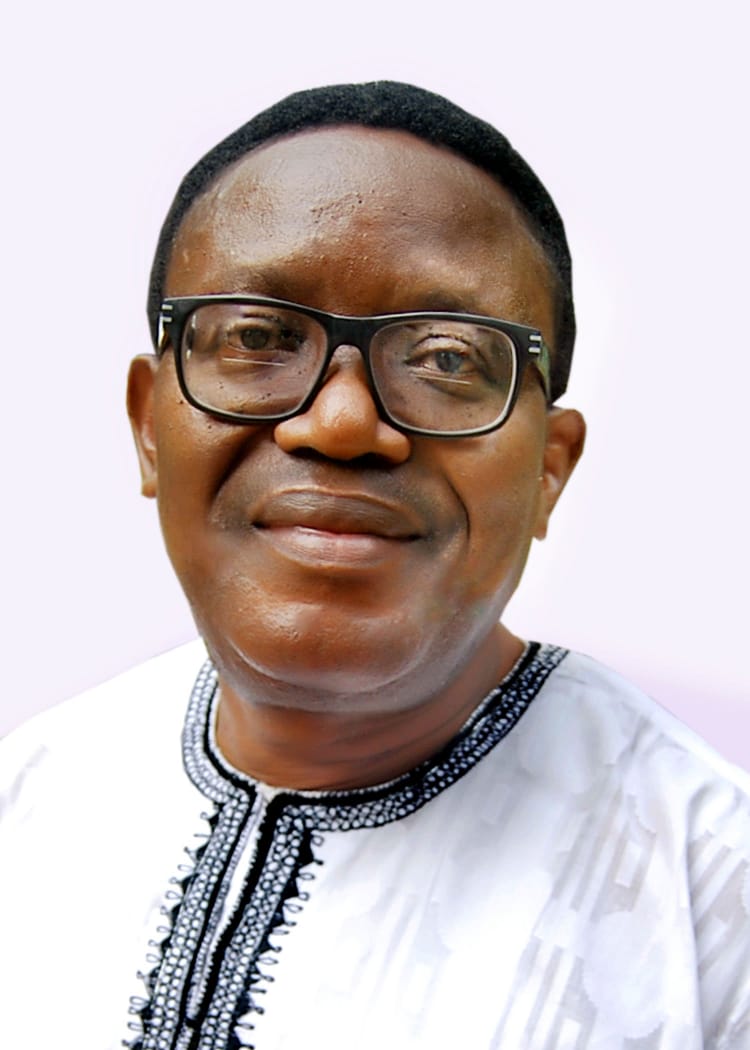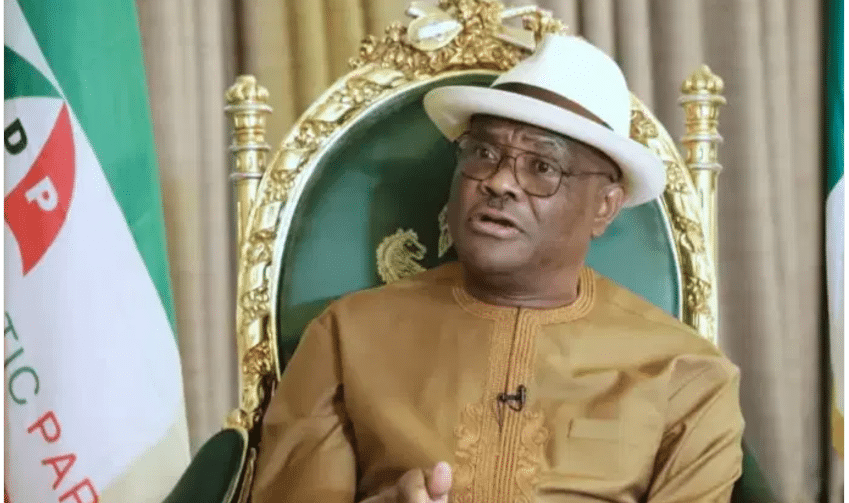 The Ibadan school stampede.
The Ibadan school stampede.The 2024 Christmas revelry envisaged for many families in Nigeria turned into a mourning period. The series of gory bloodied Christmas news commenced in the ancient city of Ibadan when news broke on Wednesday, December 18 of the deaths of minors at a charity event organised to provide support to 5,000 indigent children. Just as the country was grappling with the gory tales of at least 35 children being trampled upon in the rush to gain entry into the venue of the charity event and accounts of desperate parents unwittingly throwing their children over the fence at the venue into death, another sad news broke. On Saturday, December 21, not less than 20 deaths were recorded at another stampede at Okija community in Anambra State while 10 deaths were recorded at the country’s capital city Abuja at a church in the highbrow Maitama. At both venues, people converged to receive food distributions from private institutions and individuals trying to provide succour to the poor.
Such charity events are not new and it is on record that the organisers of the events at all three locations are not new to such assemblies. This year tragic incidents occurred due to overcrowding at the three events. On the surface, the insinuation made by both President Bola Ahmed Tinubu at a media chat and another credited to Manzo Ezekiel, a spokesman for Nigeria’s National Emergency Management Agency (NEMA), by AFP that the stampedes showed societal indiscipline, lack of safety and precautionary measures missed the point. The president’s comments made in his media chat in December and a press statement by his aides and the NEMA’s spokesperson comments are symptomatic of the country’s officials’ distance from the realities of the people. The president, his aides and the NEMA official missed the tragic tale of the intersection of poverty, loss of human dignity, and the breakdown of personal safety mechanisms in those stampedes.
The three incidents have shown how in recent years the country’s state of poverty has made citizens more vulnerable than ever. From the 1970s through to the 1980s and until present times, media organisations, religious bodies, charities and individuals have always organised similar events as the Ibadan, Okija and Abuja December 2024 events. Despite the limited number of such public support, they were not known to have resulted in such incidents as in recent times. The prevalent socio-economic situation has contributed to heightened desperation for freebies to the extent that events, where handouts are given, are overcrowded. With poverty limiting access to safer, structured events or opportunities for individuals, they are easily pushed into taking risky options for survival. A fleeting chance of accessing free food, monetary support, clothing and other gifts is embraced by people who are often desperate for access to basic resources or opportunities.
While the comments by the president, the presidency and the emergency agency may not be easily dismissed in terms of their reasonableness, they are also sad examples of the insensitivity of the Nigerian state and the ruling class to the realities of the people. They showed how the leaders are unaware of the level of financial desperation that would make people go to such lengths in search of handouts or aid, underscoring how survival instincts can lead to compromising personal and children’s safety. What was obvious in the December stampedes was the state of demeaned humanity in the country, from the state, the government, minders of the state and the privileged private citizens and groups. The crowds out there at the three locations represent crowds represent not just poverty but the erosion of human dignity, with people treated as faceless numbers in a chaotic scramble for resources. A gnawing question since the incidents is whether those who organised the events or witnessed them anticipated the risks involved. Another question is that given the amount of publicity that accompanied the events, did any of the agencies, be it NEMA, State Emergency Management Agencies (SEMAs), the police anticipate the possibility of stampedes? Did they at any time figure in the inherent humanity of the individuals likely to be attracted to such places? Both President Tinubu and Mr. Manzo Ezekiel’s statements indicate how we sometimes miss the human dignity issues involved and merely respond to what we see as faceless numbers in a chaotic scramble for resources.
The reported scenario at Ibadan where parents, amidst the chaos and ongoing stampede, were throwing their children over the fence of the school used as the venue to get them inside indicates how much impact poverty has on the sense of safety. In such desperation to get some little bit of handouts on offer, personal safety becomes secondary when collective desperation takes over, causing individuals to lose agency over their well-being. In this instance, it is not just the organisers of the events, authorities who ought to have intervened, especially when we have had cases of loss of lives earlier in Lagos, Bauchi and Nasarawa, that failed in their responsibilities. The police from all accounts were aware of the events and were invited to provide support. Relevant agencies did not pay attention as they were poor people-targeting events.
The Ibada, Okija and Abuja stampedes are wake-up calls to all of Nigeria’s leadership to admit an annihilating state of poverty in the country. The incidents have put a more believable story behind the National Bureau of Statistics data on poverty in the country. The time is now to design a comprehensive approach to tackling poverty beyond the traditional symbolic, feeble and highly politicised social investment programmes. The government and the state need to begin to steer away from the inhumane, neo-liberal-driven economic policies that have pushed more people into poverty, and show empathy to the mass of the people daily pushed into abject poverty.
Tunde Aremu is an Abuja-based rights activist, development communicator and media trainer.
Support PREMIUM TIMES' journalism of integrity and credibility
At Premium Times, we firmly believe in the importance of high-quality journalism. Recognizing that not everyone can afford costly news subscriptions, we are dedicated to delivering meticulously researched, fact-checked news that remains freely accessible to all.
Whether you turn to Premium Times for daily updates, in-depth investigations into pressing national issues, or entertaining trending stories, we value your readership.
It’s essential to acknowledge that news production incurs expenses, and we take pride in never placing our stories behind a prohibitive paywall.
Would you consider supporting us with a modest contribution on a monthly basis to help maintain our commitment to free, accessible news?
TEXT AD: Call Willie - +2348098788999

















 English (US) ·
English (US) ·